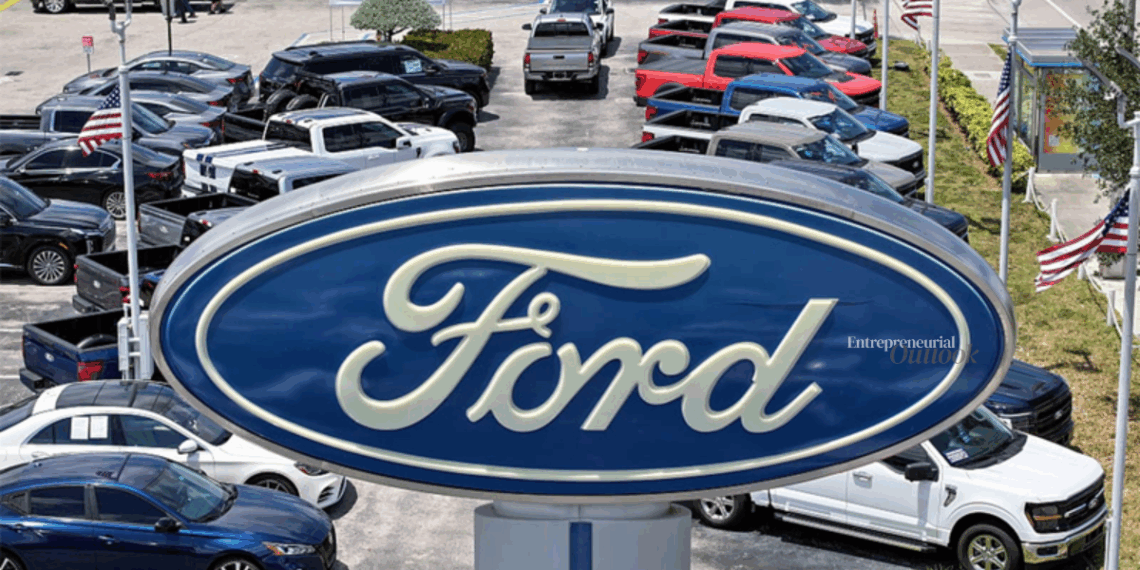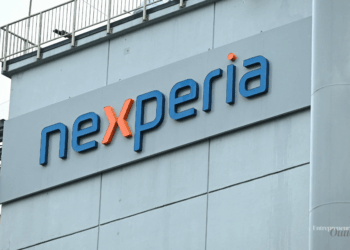U.S. automaker Ford Motor Company is set to recall 79,781 vehicles in the United States after regulators determined two separate defects pose potential safety risks.
What’s being recalled
The recall covers two distinct issues:
-
Approximately 14,843 units of the all-electric F-150 Lightning pickup truck are affected by a defect in which the rear light bar may stop functioning, leading to a failure of the rear lighting system.
-
Around 64,938 units of the Ford Flex crossover are subject to a fault where the interior panel near the front doors may detach, potentially reducing the vehicle’s structural integrity and occupant protection.
In addition, Ford is recalling about 34,481 refurbished 10R80 automatic transmissions used in certain Ford and Lincoln models as service parts.
Wider recall wave at Ford
This recall is part of a broader safety effort by Ford. Earlier in the week, the company announced a recall of 227,006 vehicles for issues such as windshield glass air bubbles and loose seat frames, and 175,000 vehicles for moonroof wind deflectors that may detach on Expedition, Navigator SUVs, and F-Series pickups. In total, Ford has recalled nearly half a million vehicles this week.
What owners should do
Owners of the affected F-150 Lightning and Ford Flex vehicles will be notified directly by Ford. The notice will provide details on how to obtain inspection and repair services at no cost.
Steps owners should take:
-
Check if your vehicle’s VIN is included in the recall list on Ford’s official website or through a Ford dealer.
-
Schedule a service appointment as soon as possible.
-
Avoid delaying repairs, especially for the F-150 Lightning rear lighting issue, as it can increase road-safety risks.
Why this matters
While the defects might seem minor, they have significant implications:
-
The detached door panel in the Flex could affect occupant safety or detach while driving.
-
A non-functional rear light bar on the F-150 Lightning reduces visibility for other drivers, increasing the risk of accidents.
-
These recalls highlight the ongoing quality control challenges Ford faces as it scales its EV and crossover production.
Impact on Ford
The recall adds to Ford’s growing list of quality challenges, putting pressure on its manufacturing and supplier oversight. It may also affect consumer trust, especially among EV buyers who value reliability. Managing large recall campaigns across dealerships and ensuring timely repairs will also increase operational costs.
Final thoughts
Ford’s recall of nearly 80,000 vehicles emphasizes the importance of consistent quality control as automakers push toward electrification. Owners of affected vehicles should take immediate action when contacted by Ford, while the company must continue to improve its production and inspection systems to prevent such issues in the future.






